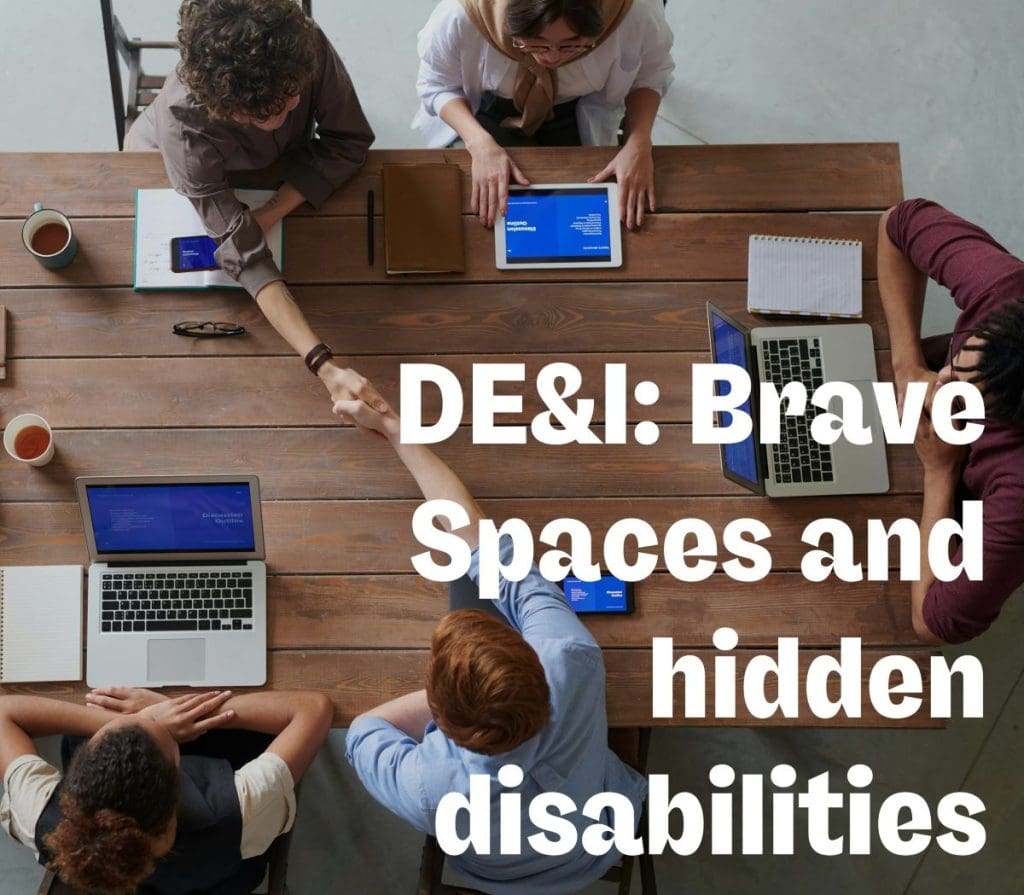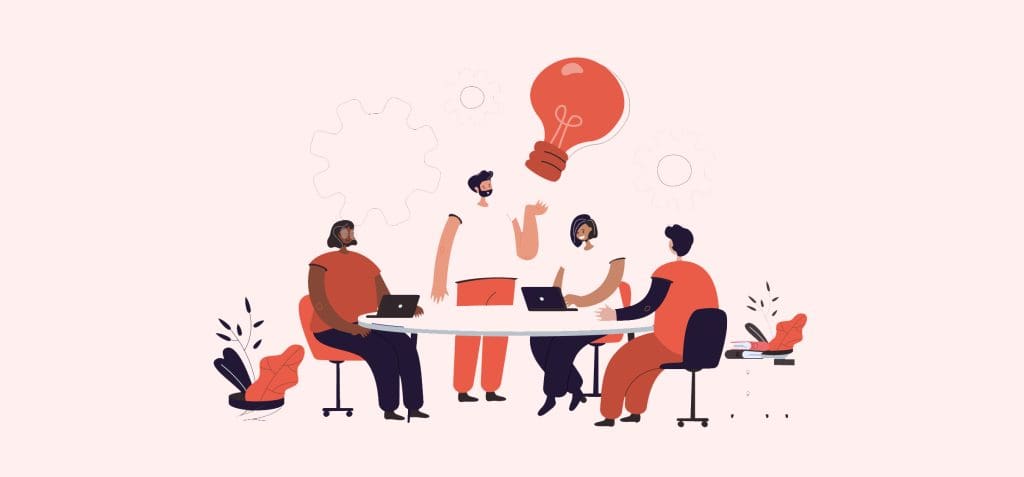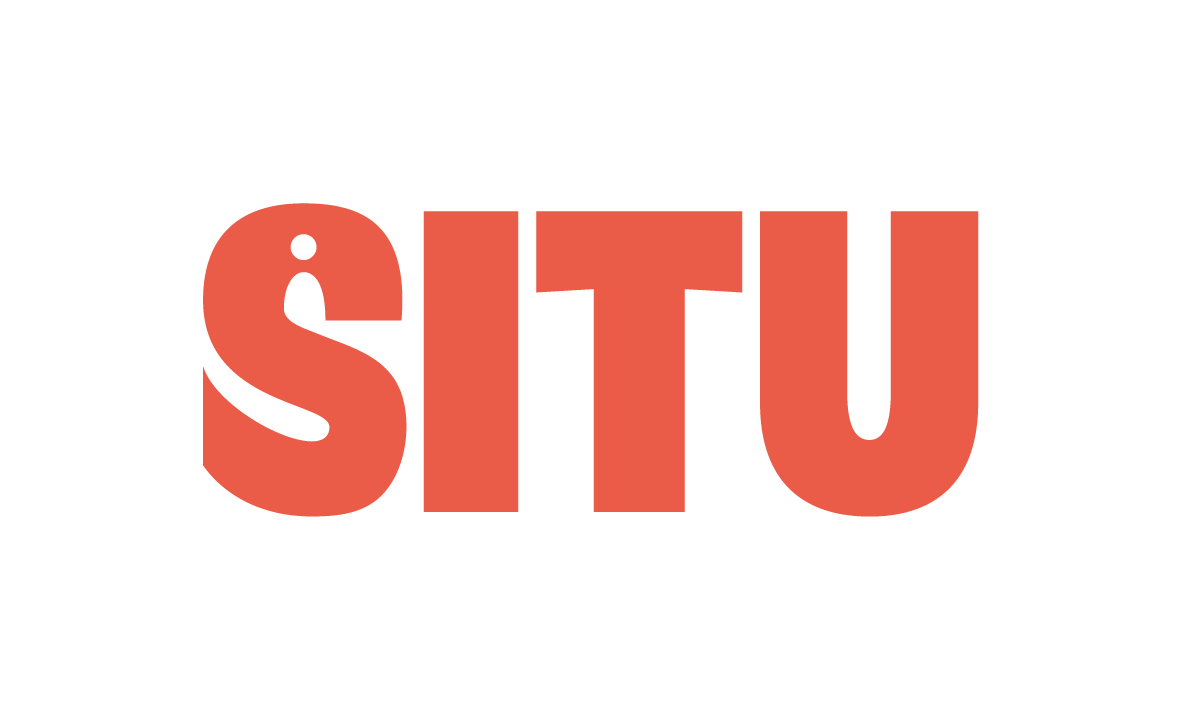
Every two months, the Situ DE&I committee hosts a Brave Space – a non-judgemental environment that facilitates dialogue about potentially sensitive topics. These sessions focus on subjects under the DE&I (diversity, equity, and inclusion) umbrella. Here, our employees can have honest discussions and ask any questions they may have about these matters.
For our most recent session, the DE&I committee delivered a presentation about hidden disabilities. This included a definition, conditions that are considered hidden disabilities, and the support available to individuals both at home and in the workplace.
Defining hidden disabilities
Hidden disabilities are those that are not outwardly visible but still challenge an individual in some form. These can include ADHD, mental health conditions such as anxiety and depression, epilepsy, and a range of other conditions. To ease any difficulties, people with hidden disabilities may have to alter their work habits to suit their needs.
After defining the term ‘hidden disability’, the discussion moved to concerns that may arise in the workplace. For instance, an employee may notice a colleague taking more breaks or working different hours than others.
By highlighting the medical basis that may dictate differing working patterns, we can facilitate better understanding amongst employees and create a more empathetic team. This point stresses the need to have these Brave Space conversations. The DE&I committee noted here that if any similar concerns are felt, they can be addressed to the People team.
The impact
Hidden disabilities can impact day-to-day life in ways we may not consider if we aren’t living with the condition. Possible impacts include migraines, bowel or bladder problems, sleep issues, and many others. Suggestions for simple changes that can benefit employees with hidden disabilities were raised, such as allowing a minimum of five-minute gaps between meetings for bathroom breaks. Small steps like these can have a significant benefit.
Another concern discussed was management potentially thinking an employee is underperforming when, in reality, they simply need adjustments to reach their peak performance. One employee shared an experience of managing a person with a hidden disability. Initially concerned about their productivity, they discovered after a conversation that the employee had specific needs. After addressing these, the individual’s performance improved.
Thirty-eight percent of people with a hidden disability say they do not receive the necessary support in the workplace. Conversely, thirty-seven percent choose not to disclose their hidden disabilities to their employer. These statistics highlight the need for companies to create an environment where people feel comfortable discussing their disabilities if they choose to do so, and where their needs will be accommodated.

Support: home and work
The DE&I committee included a list of resources that individuals with hidden disabilities may be entitled to access, allowing them to seek support themselves or share the information with someone they know who could benefit from it.
At work
Multiple forms of support are available in the workplace. Some employers (including Situ) will arrange a meeting with an Occupational Health Specialist to determine how an employee’s needs can be met. These allowances can include more breaks during the working day, noise-cancelling headphones, flexible work patterns, and more. Situ also provides free counselling sessions to assist with employee wellbeing.
At home
Support is also available in an individual’s personal life. For example, financial support in the form of the Disability Living Allowance (DLA) and Personal Independence Payment (PIP). Free legal advice can be sought from the Disability Law Service (DLS). Some individuals are also entitled to free prescriptions, meals at home, or public transport schemes.
Conclusion: what can happen if we have the right tools?
By creating a more inclusive workplace, we can foster an environment where people feel comfortable having open conversations about disability. Recognising the benefits of an inclusive workforce allows us to recruit and retain staff who often demonstrate resilience resulting from living with a disability. Brave Space discussions such as these continue to be a positive avenue for discussing DE&I topics with the wider Situ team.


